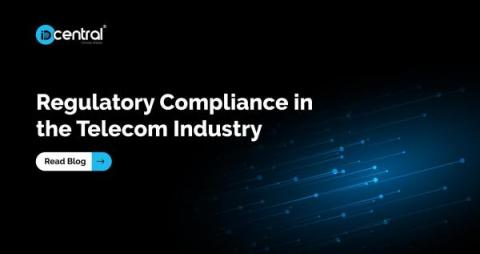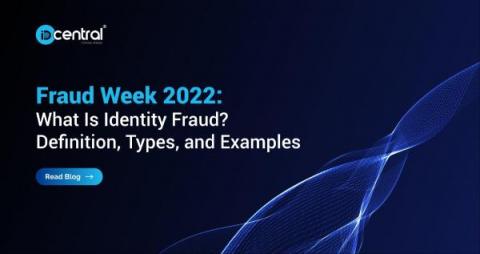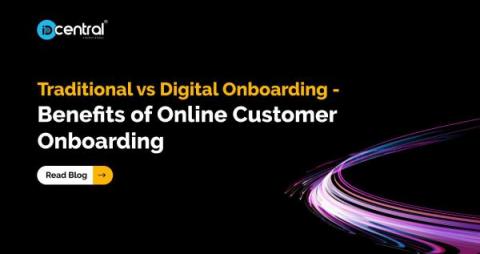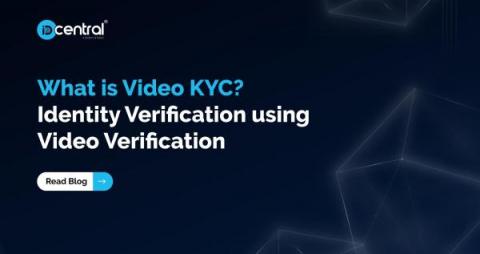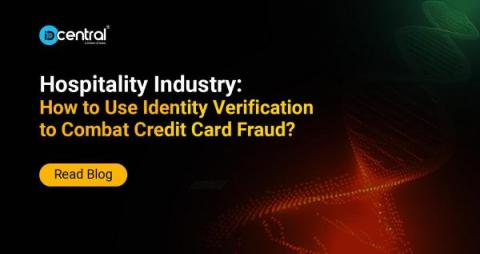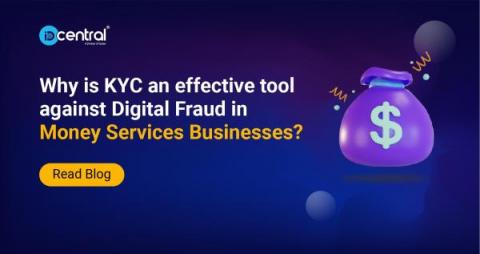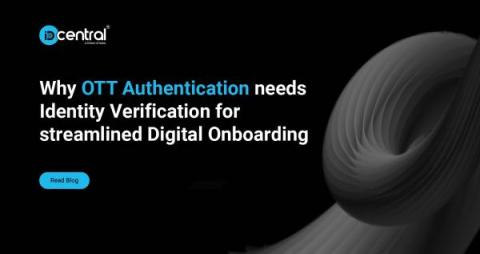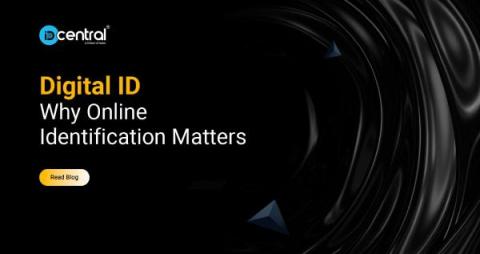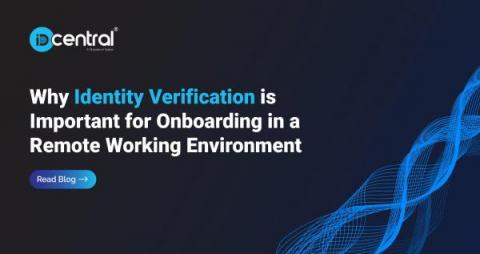Regulatory Compliance in the Telecom Industry
The increasing use of cell phones has automatically led to unimaginable height of sharing of personal information online. Most routine actions, from providing information over the phone to opening a bank account to placing food orders, may now be accomplished from the convenience of your own home. While the telecom sector has enabled remote procedures, it has also hastened the spread of identity fraud and financial schemes.


